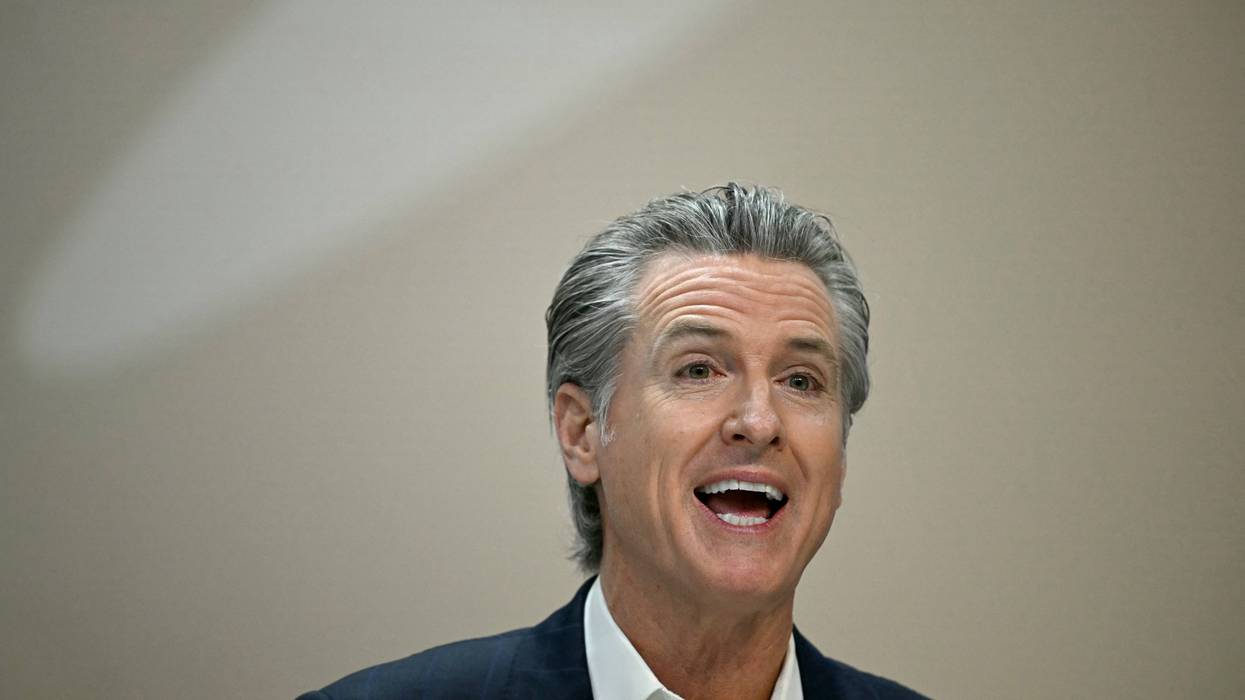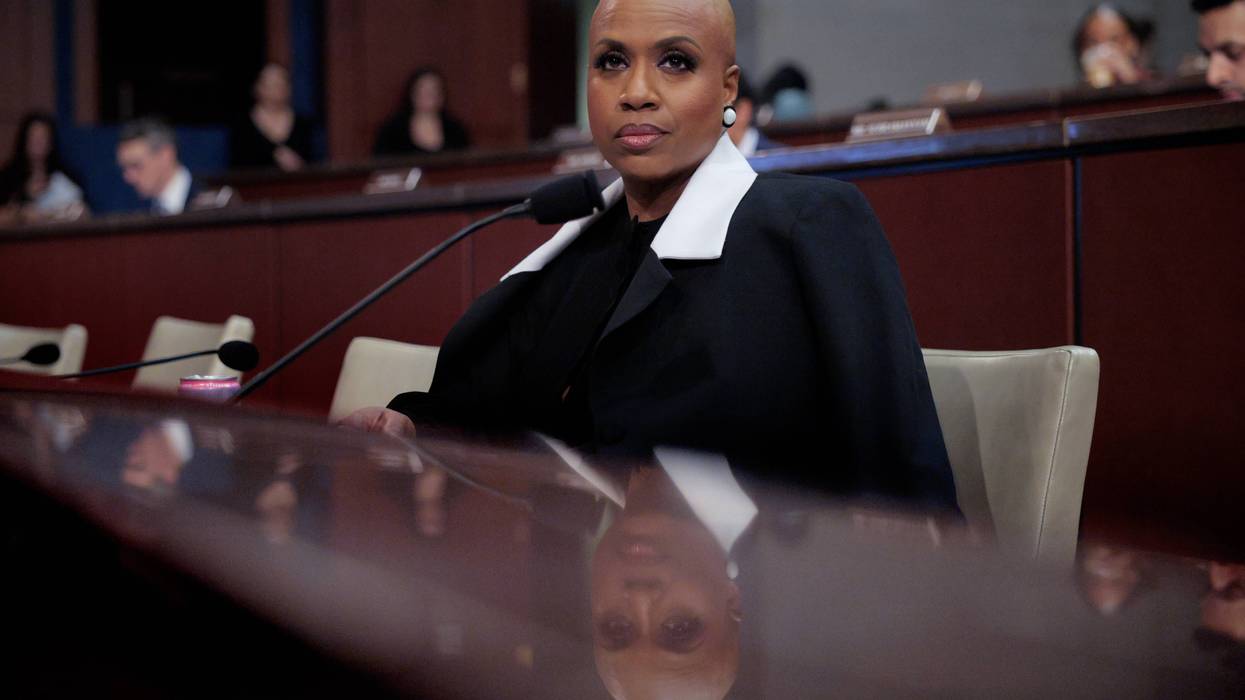California, Virginia Democrats Notch Wins in Fight Against Trump GOP's Map Rigging
"The continuing effort led by Washington Republicans to unfairly rig the midterm elections with an unprecedented series of mid-decade gerrymanders must be met head-on," said a former US attorney general.
Democratic officials and voters battling President Donald Trump's attempt to bully Republican state lawmakers to rig congressional maps for the GOP ahead of the November midterm elections recorded two key wins on Wednesday.
In California, two members of a three-judge panel upheld Democratic Gov. Gavin Newsom's new map, which was approved by the state's voters late last year and then challenged by the California Republican Party and the US Department of Justice.
Meanwhile, in Virginia, the Democratic majority in the state's House of Delegates advanced a proposed constitutional amendment that would let lawmakers to redraw the congressional map in the middle of the decade—an authority that would expire in 2030.
As the Virginia Mercury detailed:
Democrats argue the amendment is necessary to counter aggressive Republican gerrymanders elsewhere that could tilt control of Congress, while Republicans call it a blatant power grab that undermines Virginia voters' 2020 decision to create an independent redistricting commission.
"This amendment creates essentially a narrow, temporary exception," said Del. Rodney Willett (D-58), the measure's sponsor. He emphasized repeatedly that the proposal does not automatically redraw any lines and does not eliminate the Virginia Redistricting Commission.
"We are not expanding the authority to change the state district lines," Willett said. "We're just talking about congressional lines. And more importantly, it does not change any of the lines as they exist today—this just creates the process to consider doing that."
The proposal now heads to the Virginia Senate, where Democrats also have a majority. If it advances, as expected, then the measure would be voted on by state residents in April.
According to the Hill, "Democratic leaders in Old Dominion are eying either a 10-1 or 9-2 map in a state where Democrats currently have a 6-5 edge in the congressional delegation."
Former US Attorney General Eric Holder, now chair of the National Democratic Redistricting Committee, said in a Wednesday statement that "the continuing effort led by Washington Republicans to unfairly rig the midterm elections with an unprecedented series of mid-decade gerrymanders must be met head-on."
"The threat created by the Trump administration to our democracy is grave. Protecting our system requires taking extraordinary and responsive action, like the proposed referendum in Virginia," he continued. "The decision by Virginia lawmakers to pursue a process that allows voters to weigh in stands in stark contrast to the illegitimate power grab engineered by Republicans in Texas and anti-democracy efforts now underway by politicians in Florida."
In addition to Texas and Florida, Missouri and North Carolina's GOP legislators have pursued new maps for their states ahead of the midterms—under pressure from the president—while some Indiana Republicans joined with Democrats to block an effort there.
Newsom, one of several Democrats expected to run for president in 2028, led the fight for Proposition 50, which voters approved in November. So far, California is the only Democrat-led state to fight back by trying to draw Republican districts out of existence.
In the court battle over the California map, Judges Josephine Staton and Wesley Hsu—appointees of former Presidents Barack Obama and Joe Biden, respectively—allowed the new districts to stand, while a Trump appointee, Judge Kenneth Lee, dissented.
Welcoming Wednesday's court ruling, Newsom said that "Republicans' weak attempt to silence voters failed. California voters overwhelmingly supported Prop 50—to respond to Trump's rigging in Texas—and that is exactly what this court concluded."
Although the case could move to the US Supreme Court—which has a right-wing supermajority that includes three Trump appointees—the justices in December gave Texas Republicans a green light to use their recently redrawn map.
As the New York Times reported: "The Supreme Court previously determined that courts could not rule on claims of partisan gerrymandering. So Republicans who oppose the California maps face the same challenge as Democrats who opposed the maps in Texas: to prove that race, not partisanship, was the predominant factor in crafting the new district lines."
The Democratic Congressional Campaign Committee intervened in the lawsuit, represented by Elias Law Group. Firm partner Abha Khanna called Wednesday's decision "a vindication of California voters and a decisive rebuke of the Republican Party's attempt to use the courts to overturn an election."
"The court correctly recognized that Proposition 50 was an unambiguously partisan response to Texas' unprecedented mid-decade redistricting," Khanna added. "The accusations of racial gerrymandering, especially coming from Republicans and Trump's Department of Justice, were nothing more than a cynical attempt to prevent California voters from having their voice heard in response to Texas."



